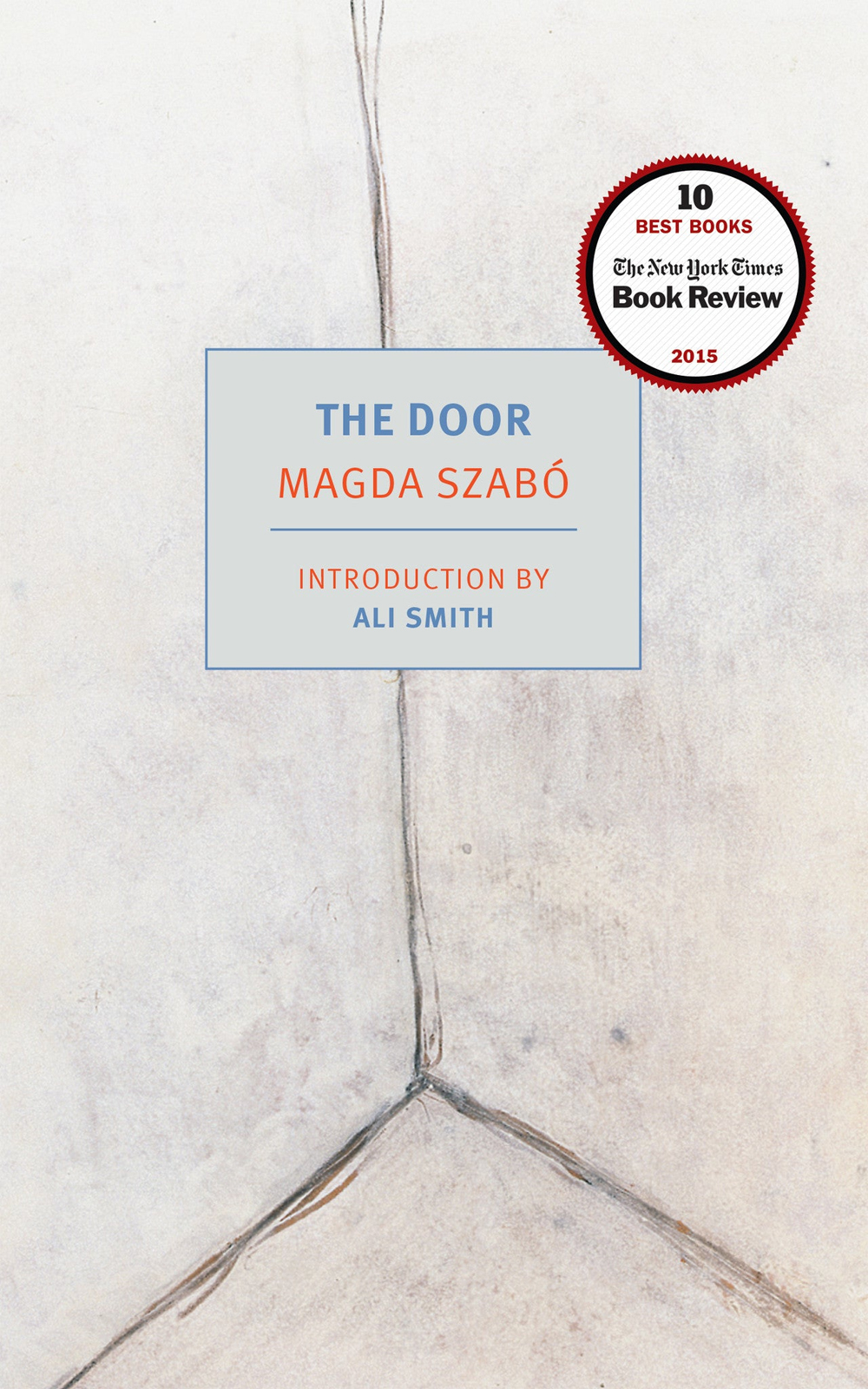
The Door by Magda Szabó is a haunting and unusual novel about the connection between two women. I read the translation from Hungarian by Len Rix. The story is narrated by a writer named Magda and describes her relationship with her servant Emerence. Magda begins the story by recounting a recurring nightmare and makes a dark confession.
Set in Budapest, Hungary, Magda’s story then winds back in time to recount how she and her husband decide to hire Emerence as their servant. Magda’s writing career is finally thriving again after it was restrained by the Hungarian government and various forces for years. To have enough time for her work, she tries to hire Emerence do the housework. Emerence is unusual and strong-willed. She tells Magda that she needs time to decide whether to take the job as she doesn’t work for just anyone.
In her own time, Emerence chooses to work for Magda and her husband. Emerence gets all the housework done, but keeps her own odd schedule. She has many other obligations in their neighborhood. Magda and Emerence have a love-hate relationship characterized by misunderstanding, cruelty, duty, and affection. It is a troubling portrayal of two unlikable and complex women over the course of 20 years.
Emerence doesn’t show Magda a whit of respect for her writing; instead, she values working with her hands. Magda resents Emerence at times, but is fascinated by her. She slowly pieces together Emerence’s life story, but she is never able to obtain a full picture of her. Magda sometimes longs for Emerence to be a mother figure to her, but she fails to be a dutiful daughter when called to do so.
The story ends in tragedy, and the ending is ambiguous and haunting. The writer is unnamed until late in the novel when she is referred to as Magdushka a single time. I was left wondering if the novel was autobiographical or not.
Purchase and read books by Magda Szabo:

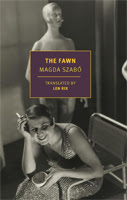
© penciledpage.com

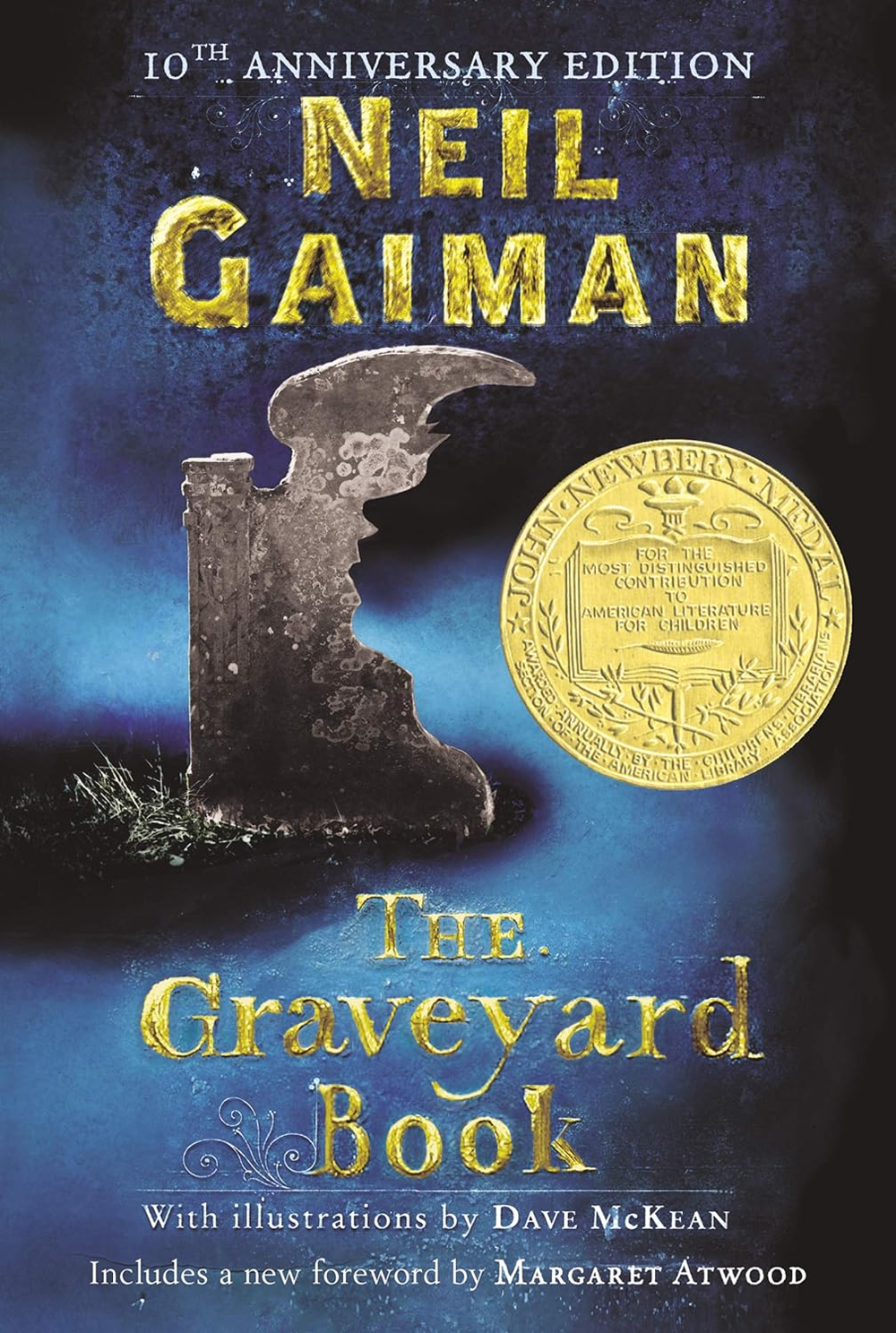

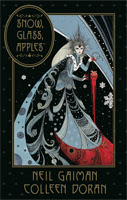
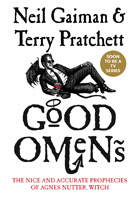







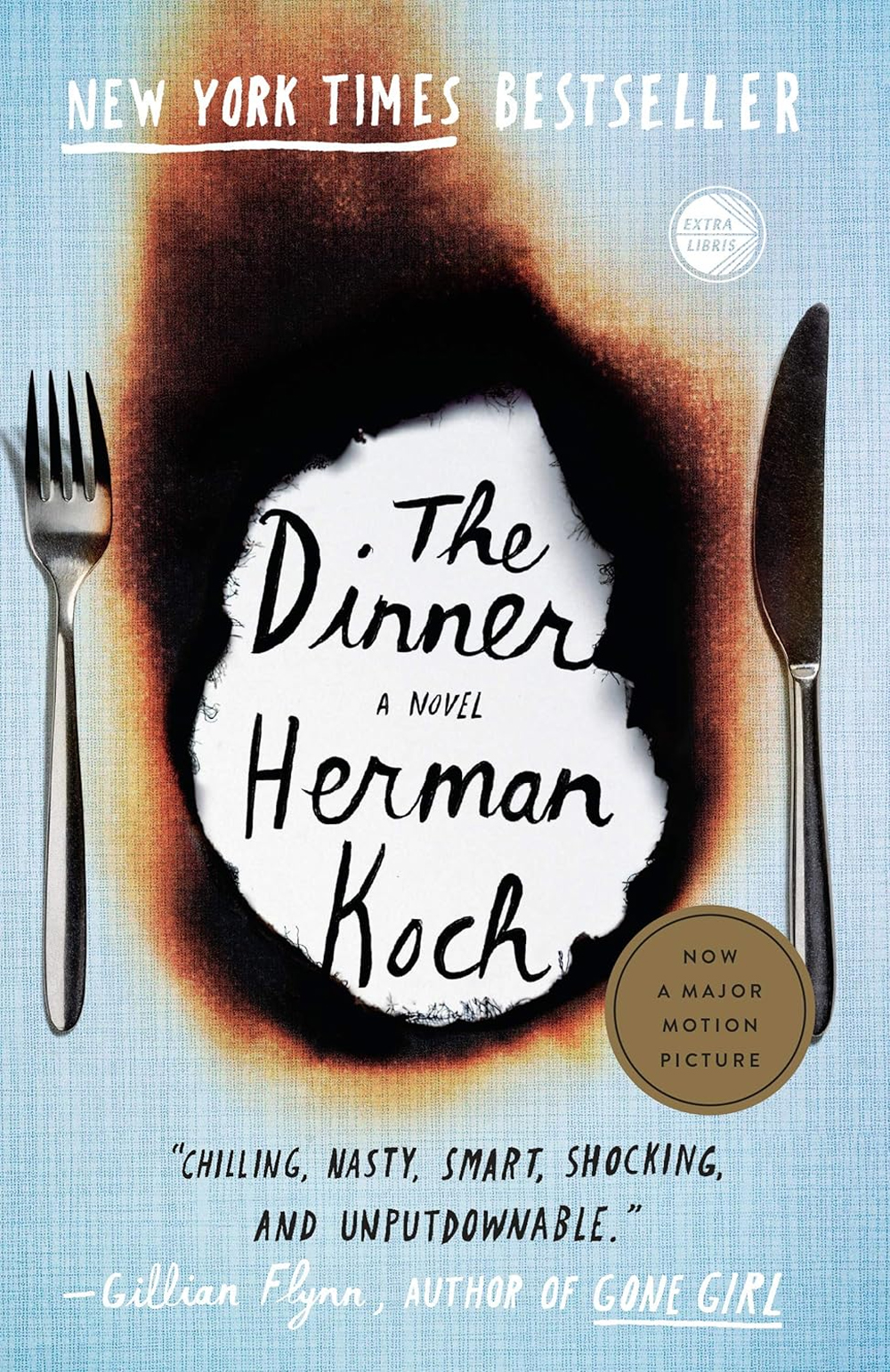

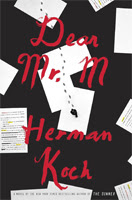

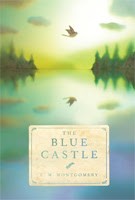





Search This Website